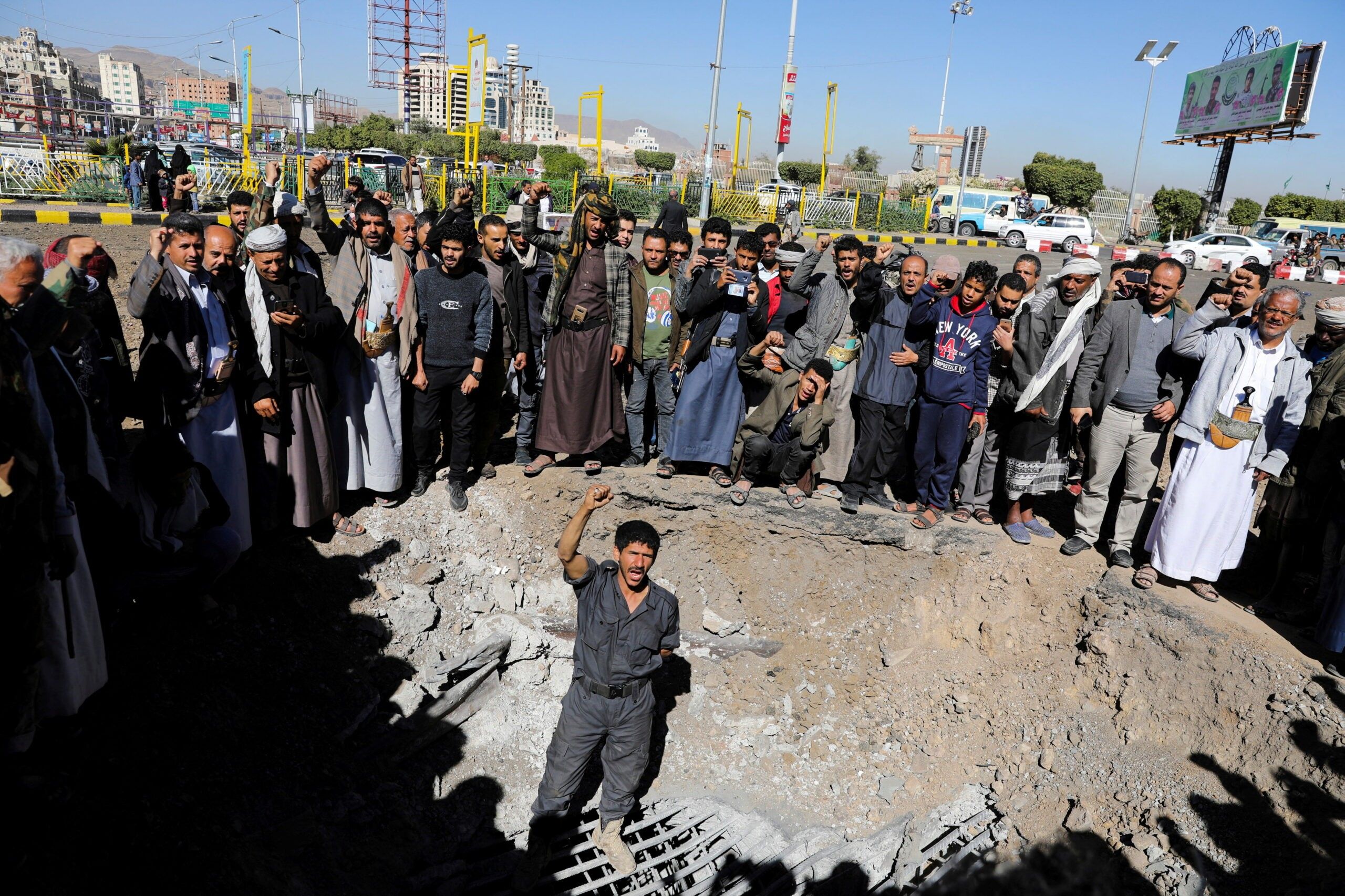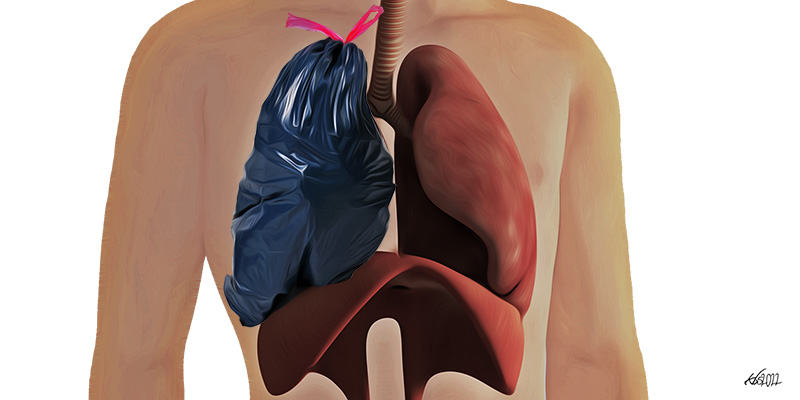
Numbers don't lie: more Saudi attacks on Yemen came after new US support - Responsible Statecraft
It's been seven years, but the Biden administration seems less likely than ever to follow through with its pledge to help end the war.
 responsiblestatecraft.org
responsiblestatecraft.org








